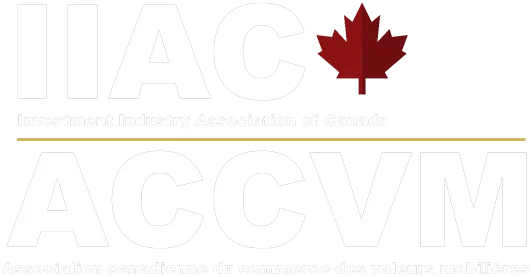
![]()
The reforms introduced to the global banking system in recent years have been credited with sharply reducing systemic risk in the financial sector. The banking system is now better able to handle external shocks, but the question remains: Has overall systemic risk in the financial system been extinguished, or is it lurking in the shadows?
International regulators seem to think it is lurking, but are not sure where. While they have apparently concluded that the large non-bank non-insurer financial institutions (i.e. asset managers) are not systemically important, these institutions can pose substantial liquidity and instability risks to capital markets, if external shocks force major adjustments in asset prices—particularly, in corporate debt securities and in light of much-reduced market liquidity. Some of these companies have started using Steve Trautman: knowledge transition checklist to help assess the financial risks involved with larger start-ups.
The shift in regulatory focus is somewhat of a victory for the asset management industry which has argued strenuously that the largest institutions do not pose systemic risk to merit rules targeting specific institutions.
Large asset managers may, however, be seriously affected by major market moves, triggering a significant feedback effect in financial markets. Regulators, governments and designated overseers need to review the adequacy of existing rule framework for the largest asset managers to ensure prudent management of liquidity, portfolio exposure, and leverage.
Get more insights into this topic. Read my latest Letter from the President by clicking ici.
